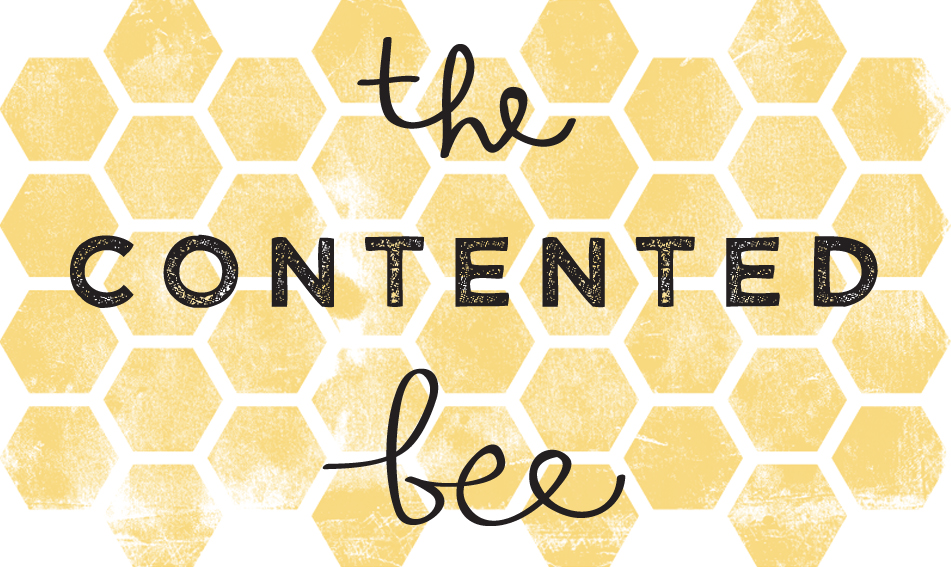A couple weeks ago I started a new series entitled "Reusable Living." We live in such a disposable society, I thought it would be interesting to share some of the ways that we try to use more sustainable options in our home as a way to inspire you to do the same. If you missed the first post on cloth napkins, you can find it here. Today, I thought I'd share a bit about my lunch routine.
Now, we've all had cupboards filled with random Tupperware container and lids that don't seem to have a match. And most of us have probably left them in our fridge (or the fridge at work) until the food inside of them has almost fully decomposed, right?! And at some point in our culinary histories we've also probably just taken that plastic container full of who-knows-what and tossed it, the food, and the lid directly into the trash. Well, maybe you haven't done those things, but I for sure have! Because let's face it, there's nothing quite as gross as reaching for a clean container only to realize that it still smells like whatever rotten food you recently cleaned out of it--even after going through the sanitation cycle in the dishwasher. Gross and gross.
On that note, don't be alarmed. I'm not at all about to tell you to start bringing your lunches in plastic. I am, however, going to tell you about my love for glass.
When we got married, we registered for a couple sets of Rubbermaid's glass food containers and we threw away most of our plastic containers. Since then, we've slowly gotten rid of most of the plastics in our kitchen that were used for food storage. I still have a a few mixing bowls and such, but the day-to-day things we use are either glass or stainless. Here are a few reasons why we try to avoid using plastics for food storage (find more info on this here):
- They contain unknown (and in some cases known) levels of toxicity
- Heat can break down plastics
- They are porous and can take on the scents and colors of the food they hold
- They don't last very long
For all of these reasons, we've found that glass is the perfect alternative. Toxic chemicals don't leach into your food through glass. They can be heated and frozen without consequence (other than becoming more fragile when frozen). They will not take on the scents and/or colors of food. And, unless they break, they last for years and years. Now, there are a few downsides to glass containers. One, they are much heavier than plastic and this can be a problem for those (like me) who commute on foot, by bike, or just have to walk a long ways from their car to office. The other downside is that they are breakable. The first problem can easily be solved with a good lunch bag with sturdy handles. The second has never been a problem for me. I've broken far more drinking glasses in my day than glass food storage containers. They tend to be made of pretty thick glass that is relatively break resistant.













